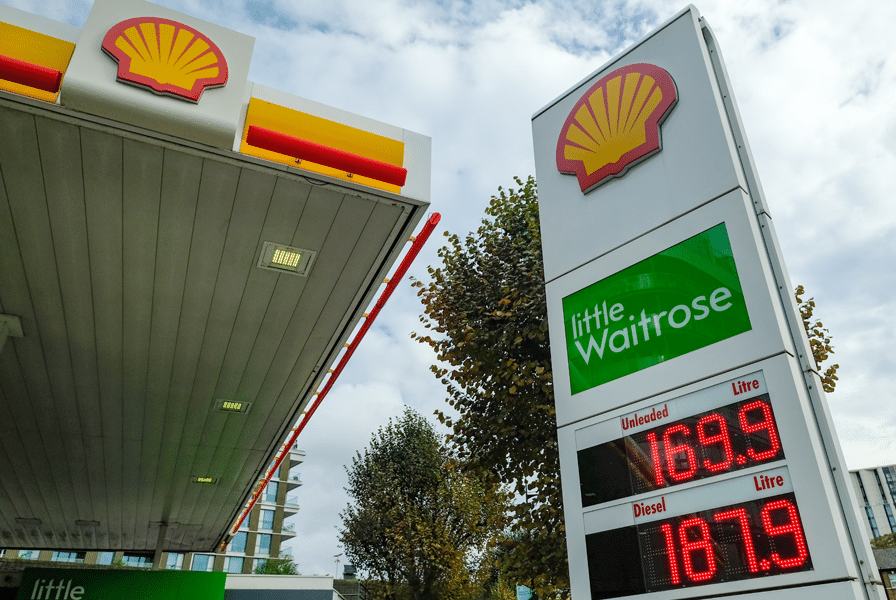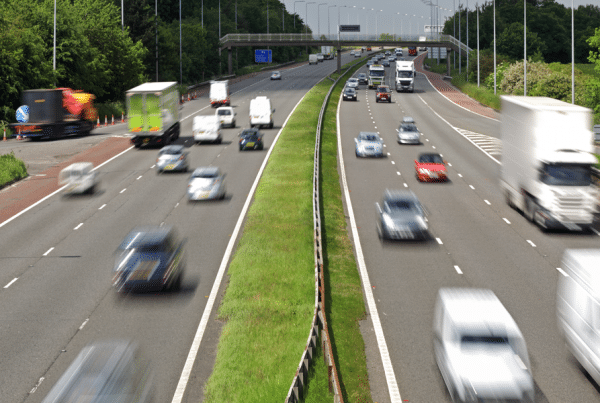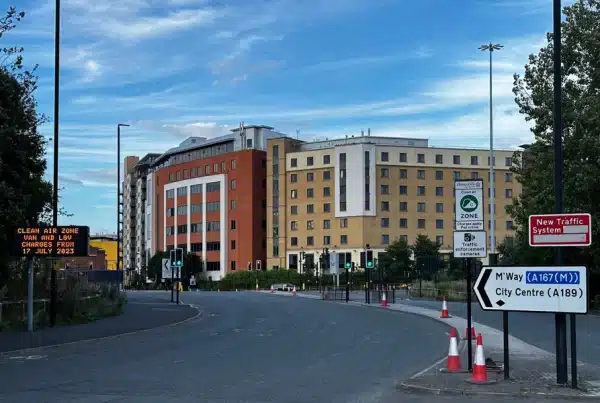
As we approach the October 30 Budget, there’s a lot of talk about whether the 5p fuel duty cut will be scrapped. The RAC, a major motoring organization, thinks it’s likely to happen because drivers aren’t really seeing the benefits. Instead, it seems retailers are pocketing the extra money by keeping fuel prices higher than necessary.
What’s the Issue?
Back in 2022, the government cut fuel duty by 5p per litre to help ease the cost of petrol and diesel for drivers. But according to the RAC, this cut hasn’t helped as much as hoped. Retailers have been accused of not passing the savings onto customers and instead increasing their own profits. This has left many people feeling frustrated, as they’re still paying high prices at the pump.
What’s the Government Saying?
Prime Minister Sir Keir Starmer hasn’t ruled out raising fuel duty in the upcoming Budget, which has led to even more speculation. Labour, the party in power, promised during the election not to raise taxes like income tax or VAT that directly affect working people. But with this potential fuel duty change, they’re in a tricky spot. They have to balance the need to raise money for the country while also keeping their promises to protect ordinary people from higher costs.
Chancellor Rachel Reeves, who will present the Budget, has hinted that some tough decisions are coming. But she hasn’t given any details, so everyone is waiting to see what happens.
Vehicle Excise Duty (road tax) and fuel duty together generate approximately £35 billion annually for the UK government. Of this, fuel duty alone accounts for about £28 billion. This significant revenue stream is crucial for funding road maintenance, public transport initiatives, and environmental projects. However, with the potential scrapping of the 5p fuel duty cut, drivers might see these costs rise, further impacting their wallets.
What Could It Mean for You?
Fuel duty has been frozen for over a decade, which has saved drivers a lot of money. Scrapping the 5p cut could make things more expensive, especially for people who rely on their cars for work or live in rural areas with fewer transport options.
The AA, another motoring group, is against getting rid of the cut. They warn that it could lead to higher inflation and hit those who can least afford it, like low-income workers and disabled drivers.
What’s Next?
The Competition and Markets Authority (CMA) has found that retailers have been making bigger profits on fuel since 2019, which has added fuel to the fire (pardon the pun). There’s talk of introducing a “real-time fuel finder” to help people find the cheapest petrol and diesel in their area.
With the Budget just around the corner, there’s a lot of uncertainty about what will happen. If the 5p cut is scrapped, it could mean higher prices at the pump for everyone. The government will need to carefully consider how to balance raising funds with not putting too much pressure on already stretched household budgets.
The potential scrapping of the 5p fuel duty cut has sparked widespread concern, especially as inflation and cost-of-living pressures remain high. The RAC argues that instead of benefitting drivers, the cut has merely padded retailers’ profits, leaving motorists frustrated and out of pocket. With the Budget on the horizon, all eyes are on how the government will address these issues while balancing its fiscal responsibilities and electoral promises. Any decision could have a lasting impact on millions of UK drivers who are already feeling the pinch.
The decisions made in this Budget will be crucial, and they’ll affect millions of drivers across the UK. Whether the 5p cut stays or goes, it’s clear that fuel prices and how they’re managed will remain a hot topic for some time.












